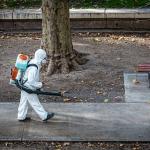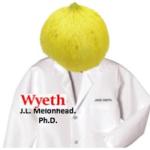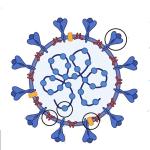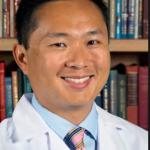The BBC reports, “low-dose steroid treatment dexamethasone is a major breakthrough in the fight against the deadly virus, UK experts say.” Before tossing aside your mask and booking
Disease
As a vascular surgeon, I am well acquainted with what we call “gait disturbances,” an abnormal walk.
You can become infected with COVID-19 through direct contact where you get your dose from viral particles that land on your face and hands from droplets generated by coughs and sneezes, by breathing in aerosols of the virus, and indirect contact w
A former coworker from Wyeth, let's just call him Dr. L., is not blessed with much luck (or much hair) on a good day.
"Regret is a negative cognitive or emotional state that involves blaming ourselves for a bad outcome, feeling a sense of loss or sorrow at what might have been, or wishing we could undo a previous choice that we made." [1]
The health system wants you back and rather than dwell on cash flow and other financial vagaries, the discussion is all about how the COVID-19 instituted delays, may further harm your general well-being
Our group recently studied the impact of the COVID-19 pandemic on New York Area residency programs during the time period in which New York City became the epicenter of the pandemic.
In the pharmaceutical industry, there's a low-level Hatfield-McCoy thing between chemists and biologists that's been going on forever. Each group thinks that the other group is a bunch of morons.











